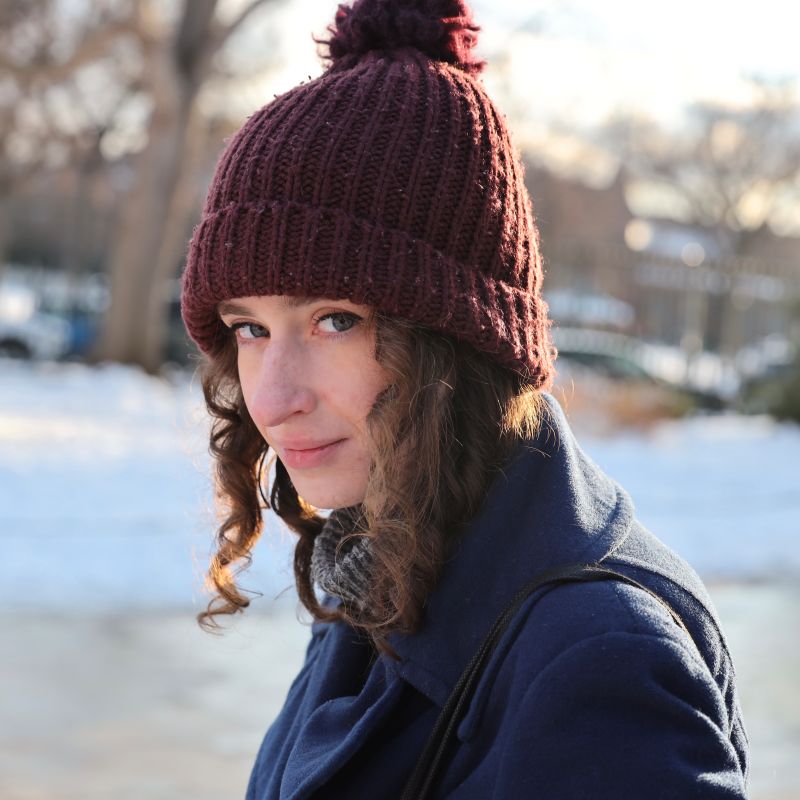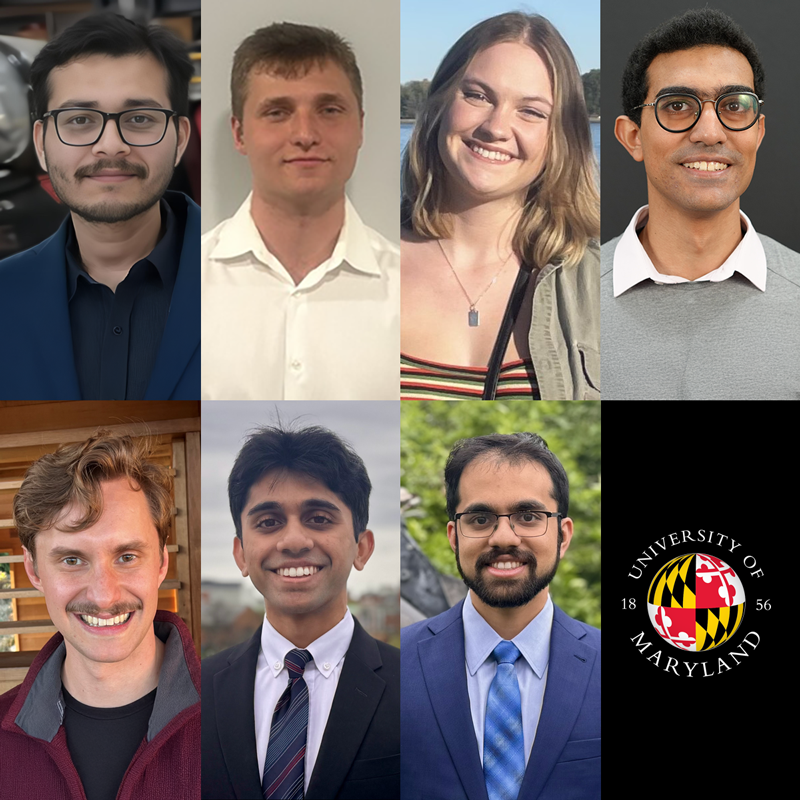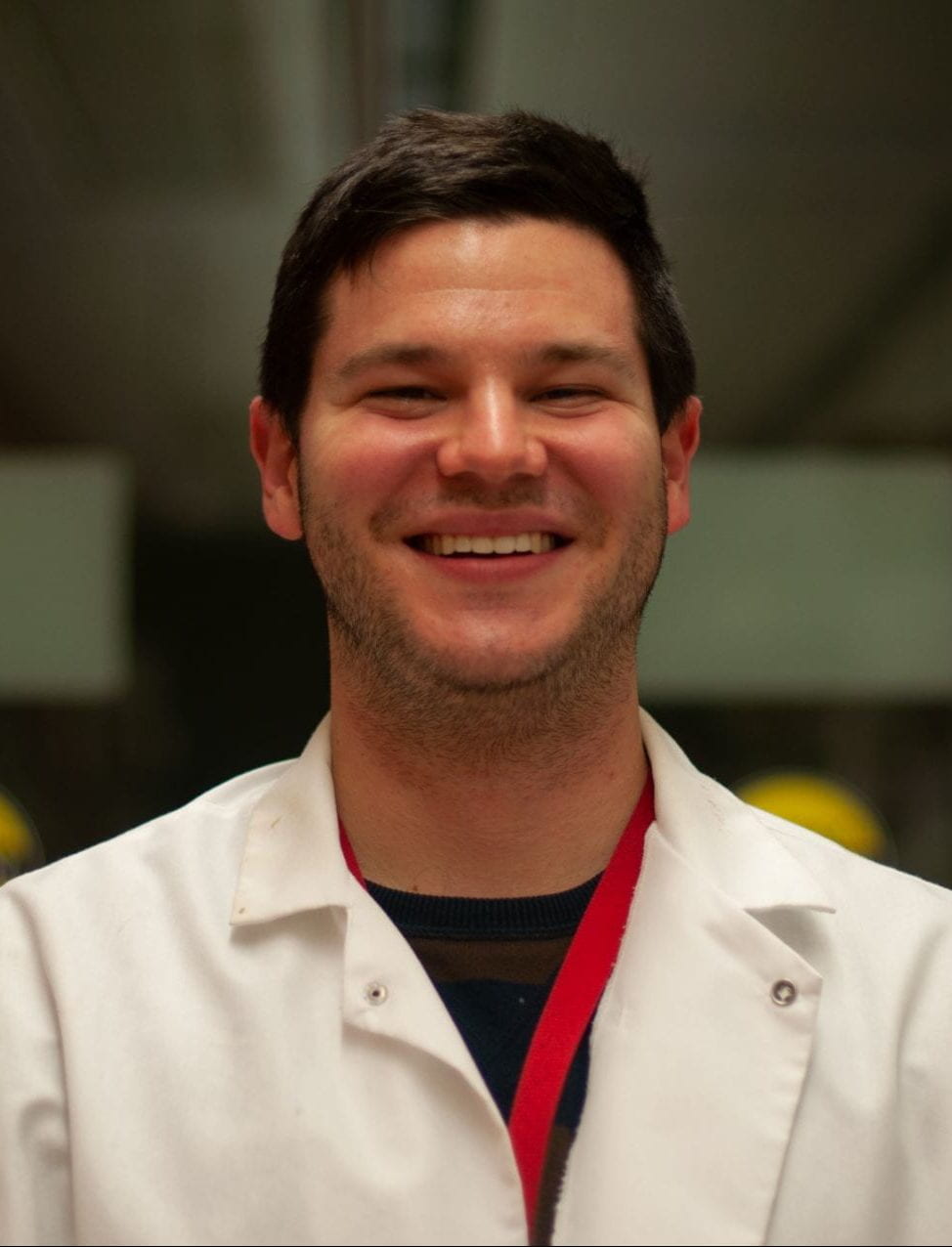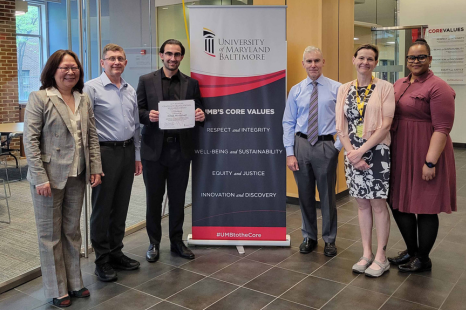News Story
Five Clark School Students Awarded Summer Research Fellowships
Five Clark School students pursuing their Ph.D.s in engineering have been awarded Summer Research Fellowships by the University of Maryland Graduate School.
Research fellowships provide support to UMD doctoral students at mid‐career (i.e., in the period approximately before, during, or after achievement of candidacy). They support research activities that advance a doctoral student’s progress toward degree, as well as alternative learning experiences that advance a doctoral student’s professional development; the overall goal of the fellowship is to reduce time-to-degree, increase degree completion, and enhance the quality of the graduate student experience.
|
Research focus: Fragility curves of seismic and scour of highway bridges, giving a damage assessment to the bridge system. The goal of the research is to explore the application of fragility curves in determining the inspection priorities for bridge structures; this will provide a valuable tool for the bridge owner to perform risk assessment under extreme events. |
|
Research focus: Presenting a high-performance and seismic resilient structural system termed no-beam-growth D-type self-centering eccentric steel braced frame (NBG-SEBF). In this newly developed system, the beam-growth issue that many existing self-centering systems are dealing with is solved. Two major advantages of NBG-SCEBF systems over conventional EBFs are the self-centering performance after a strong ground motion, and protection of the structural members such as columns, beams, and braces from any seismic-induced damages by employing fuse elements. |
|
Research focus: Assessing the effects of mercury contamination released by artisanal and small-scale gold mining in indigenous plant species in the Amazonian region of Madre de Dios, Peru. The project will determine the impact of mercury on germination and growth of these plant species and assess their potential for being used in phytoremediation of mercury contaminated soils. |
|
Research focus: Engineering therapeutic strategies that leverage photodynamic therapy, a light-activatable photochemical modality, for the targeted treatment of ovarian cancer. Sorrin is particularly interested in the development of rationally designed combinational regimens to block metastatic behaviors, such as migration and invasion, in cancer cells. He is additionally developing both experimental and computational models to study the impact of physiologically relevant fluid shear stresses on the interactions between cancer cells and therapeutic agents to optimize the clinical translation of nanotechnologies. |
|
Research focus: Developing innovative risk analysis methods for the acceptance of infrastructure construction, and applying machine learning (ML) algorithms for predicting the performance of geomaterials and key infrastructure components. Zhao has developed a risk analysis-based methodology for balancing acceptance risks and pay factors through Monte Carlo simulation; his current research focuses on ML techniques for predicting concrete properties, pavement, and bridge performance. |
Published May 11, 2021
 Xinya Liu, Civil and Environmental Engineering
Xinya Liu, Civil and Environmental Engineering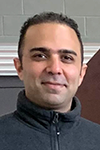 Pooya Rezvan, Civil and Environmental Engineering
Pooya Rezvan, Civil and Environmental Engineering Maria Rodriguez, Civil and Environmental Engineering
Maria Rodriguez, Civil and Environmental Engineering Aaron Sorrin, Bioengineering
Aaron Sorrin, Bioengineering Yunpeng Zhao, Civil and Environmental Engineering
Yunpeng Zhao, Civil and Environmental Engineering

